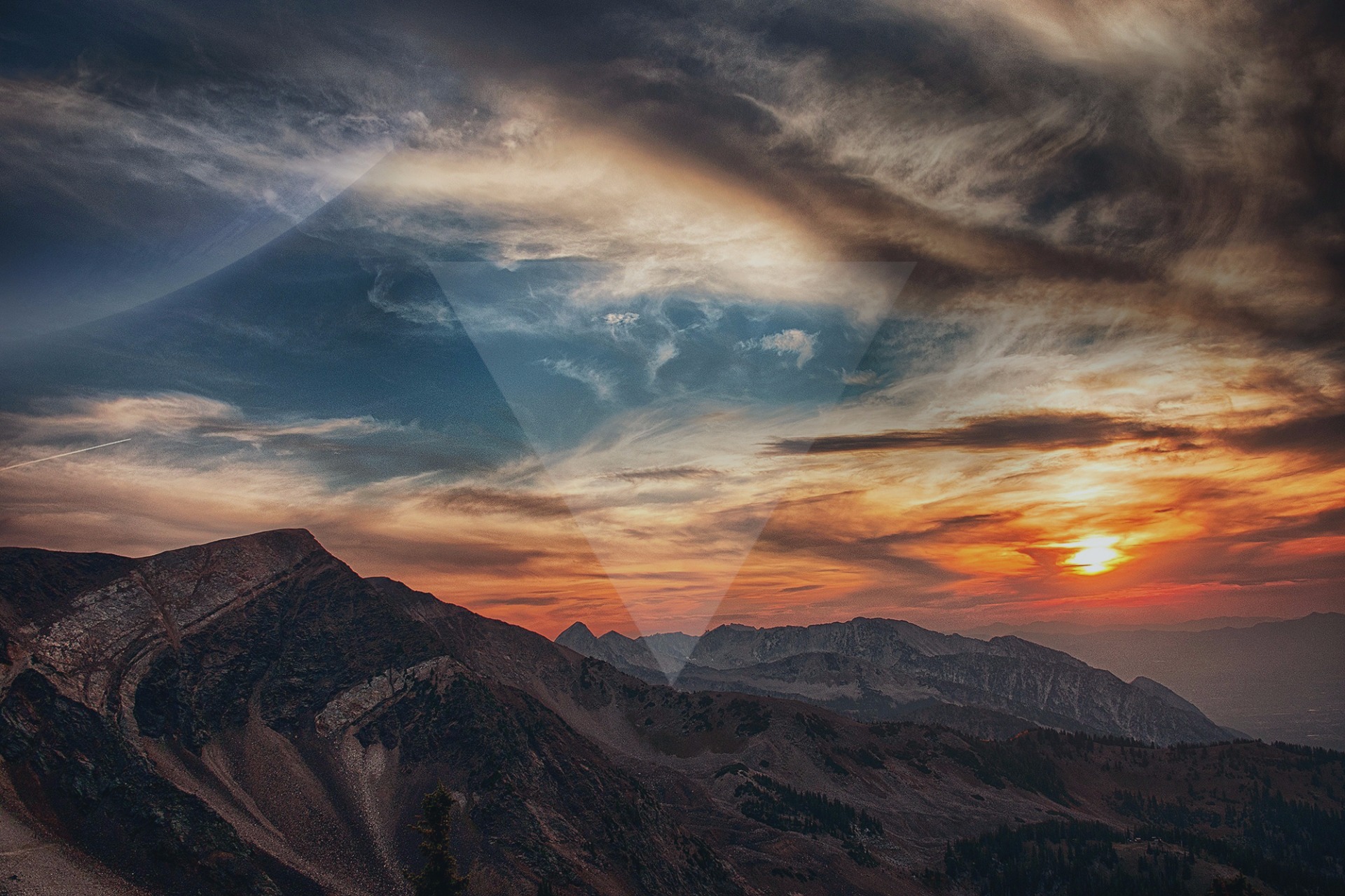The world is going to be a much more dangerous place - Linda Chavez
Linda Chavez, former Assistant to the U.S. President for Public Liaison, took part on June 12th in a Policy Forum organized by "Foundation for Middle Eastern Studies" (FEMO) on "Policy on Iran and Countering Islamic Extremism". (Video)
Among other participants to the conference held in Paris were Howard Dean, former Governor of Vermont and Chair of the US Democratic Party, Ken Blackwell, former U.S. ambassador to the UN Human Rights Commission, Ambassador Lincoln Bloomfield Jr., former US Special Envoy and Assistant Secretary of State for Political Military Affairs, Olli Heinonen, former Deputy Director General of the IAEA, Bruno Tertrais, senior fellow at the French Foundation for Strategic Research (FRS), Alireza Jafarzadeh, Deputy Director of NCRI US Representative Office, author of the book, The Iran Threat: President Ahmadinejad and the Coming Nuclear Crisis,James Woolsey, former Director of the Central Intelligence Agency under President Clinton, Yves Thréard, Leader writer and columnist for the French daily Le Figaro, Frédéric Encel, Professor of international relations at the ESG Management School, Seminar Director at the French Institute of Geopolitics. Struan Stevenson, former president, European Parliament Delegation for Relations with Iraq.
In 2009 we had street protests in Iran. The people of Iran fed up with the regime, with the brutality and the deprivation caused by the regime took to the streets, and as I don't need to tell anybody in this room, the signs in the streets, many of them were appealing to President Obama to support democracy in Iran. But he turned a blind eye to that.
Fast forward several years and the President Obama himself who started out with high hopes of changing the world, transforming the world into a better place, bringing peace and prosperity to his own country, peace throughout the world, finds himself frankly in a much more dangerous world than he inherited. And we now have a threat in the Middle East, turmoil in a variety of countries. Yemen which less than a year ago President Obama described as a success story in our counterterrorism strategy is now, because of the influence of Iran, because of the help of Iran with the Houthis, has in fact collapsed.

Well, now the president has a major problem in the region, and particularly in Iraq, with Islamic State. He's not willing to commit U.S. troops to go and to try to bring stability to that country, so where does he turn? Where does he allow the Iraqis to turn? To Iran. And so now we are faced with a situation where what the president has to get out of these negotiations, and why I think the administration is going as easy as they are, is giving up much more than they need to give up, is in the hopes that Iran will pull our irons out of the fire in Iraq. And I think this is an extraordinarily dangerous situation, because as big a threat as the Islamic state is. But it seems to me that we have a history of 35 years of experience with the state of Iran as the major state sponsor of terrorism throughout the world, having targeted more Westerners than any other major terrorist threat. So the idea that in the negotiations that take place in Switzerland we are going to make concessions, in part to hope that we're going to be able to stave off the situation in Iraq, is terribly, terribly dangerous.
I think President Obama is also looking at the end of his tenure, he's looking at his eight years in office. He thinks that if he can take home a nuclear deal with Iran, he will have that to balance the scale in terms of what his accomplishments are. Meanwhile, in doing this, he has made the world a much more dangerous place, not just because of what's happening in places like Iran, Iraq and Yemen. But there is no question that once it is clear that Iran will have a nuclear weapon weapons, this will not be a nonproliferation treaty, this will be a proliferation treaty. It will be an open invitation to others in the region to pursue nuclear weapons. I see no way that that can possibly stop. So I look at this from a more political point of view. I look at the United States as not the superpower in the world, but the United States in a position of tremendous weakness when we sit at that bargaining table. And I think as a result, the world that we are entering is going to be much more dangerous than the one we live in today. Thank you."

